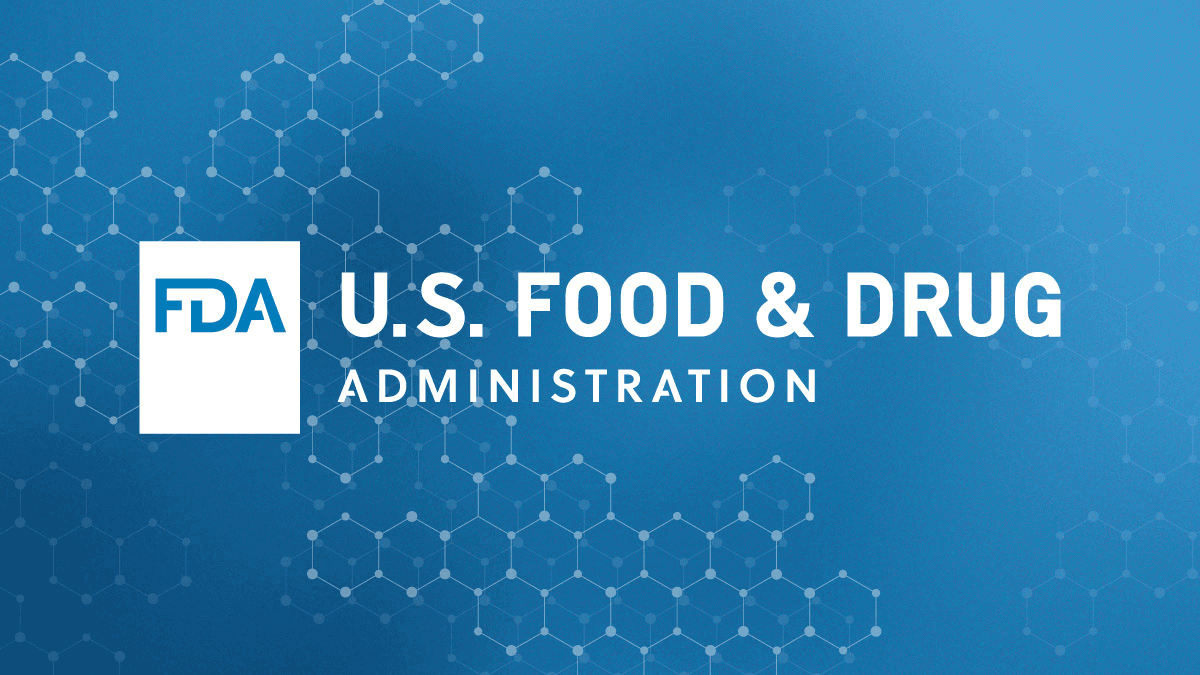The United States Food and Drug Administration is taking a historic stride toward public health by replacing animal testing in the development of monoclonal antibody treatments and other medications with more effective, human-relevant procedures. The new strategy aims to improve drug safety and speed up the evaluation process while reducing animal experiments, R&D expenditures, and, eventually, drug pricing.
The FDA’s animal testing requirement will be decreased, modified, or potentially replaced utilizing a variety of methodologies, including AI-based computer models of toxicity and cell lines, as well as organoid toxicity testing in a laboratory setting (known as New Approach Methodologies or NAMs data). The protocol will be implemented immediately for investigational new drug (IND) submissions in which NAMs data is encouraged, as described in a roadmap announced today. To determine efficacy, the government will also begin to use pre-existing, real-world safety data from other countries with identical regulatory criteria, where the drug has already been studied in humans.
For too long, drug manufacturers have performed additional animal testing of drugs that have data in broad human use internationally. This initiative marks a paradigm shift in drug evaluation and holds promise to accelerate cures and meaningful treatments for Americans while reducing animal use,
By leveraging AI-based computational modeling, human organ model-based lab testing, and real-world human data, we can get safer treatments to patients faster and more reliably, while also reducing R&D costs and drug prices. It is a win-win for public health and ethics.
Martin A. Makary
Also Read: U.S. FDA Approved Sanofi’s Qfitlia to Treat Hemophilia
Key advantages of replacing animal testing in monoclonal antibody safety evaluation
- Advanced Computer Simulations: The roadmap pushes companies to use computer modeling and artificial intelligence to forecast drug behavior. For example, software models might mimic how a monoclonal antibody spreads throughout the human body and forecast side effects based on its distribution as well as the drug’s molecular composition. We expect that this will significantly reduce the requirement for animal testing.
- Human-Based Lab Models: The FDA will encourage the use of lab-grown human “organoids” and organ-on-a-chip systems that simulate human organs such as the liver, heart, and immune system to test medication safety. These investigations can show hazardous consequences that might otherwise go undiscovered in animals, giving a more direct view into human responses.
- Regulatory Incentives: The agency will endeavor to amend its rules to include data from these new methods. Companies that provide solid safety data from non-animal tests may receive a simplified review, eliminating the requirement for some animal studies and incentivizing investment in upgraded testing infrastructure.
- Faster Drug Development: The utilization of these contemporary approaches should assist in accelerating the drug development process, allowing monoclonal antibody medicines to reach patients more swiftly while maintaining safety.
- Global Leadership in Regulatory Science: With this decision, the FDA confirms its position as a global leader in modern regulatory science, establishing new industry standards and supporting the use of novel, humane testing procedures. In recent years, Congress and the scientific community have advocated for more human-centered testing approaches. Today’s announcement is a step forward in the FDA’s commitment to modernizing regulatory science as technology develops.
The FDA, in collaboration with federal agencies such as the National Institutes of Health, the National Toxicology Program, and the Department of Veterans Affairs, seeks to accelerate the validation and adoption of these innovative methods through the Interagency Coordinating Committee on the Validation of Alternative Methods (ICCVAM). The FDA and its government partners will organize a public workshop later this year to discuss the roadmap and solicit stakeholder feedback on its implementation. Over the next year, the FDA plans to begin a pilot program that will allow chosen monoclonal antibody companies to adopt a largely non-animal-based testing technique, with close FDA engagement. The findings of an accompanying pilot study will drive broader policy changes and advice revisions, which are planned to be implemented in stages.
Also Read: U.S. FDA Approved Amgen’s UPLIZNA® (INEBILIZUMAB-CDON) for the Treatment of Rare Immune Disorder
Commissioner Makary recognized the proposal’s far-reaching significance. “For patients, it translates to a more efficient pipeline for innovative treatments. It also means an increased margin of safety, as human-based test techniques may be better at predicting real-world results. For animal welfare, it is a significant step toward eliminating the use of laboratory animals in drug testing. Thousands of animals, including dogs and primates, could be saved each year if these new solutions gain traction.”
Source: U.S. FDA
Last Modified:
Graduated from the University of Kerala with B.Sc. Botany and Biotechnology. Attained Post-Graduation in Biotechnology from the Kerala University of Fisheries and Ocean Science (KUFOS) with the third rank. Conducted various seminars and attended major Science conferences. Done 6 months of internship in ICMR – National Institute of Nutrition, Hyderabad. 5 years of tutoring experience.






